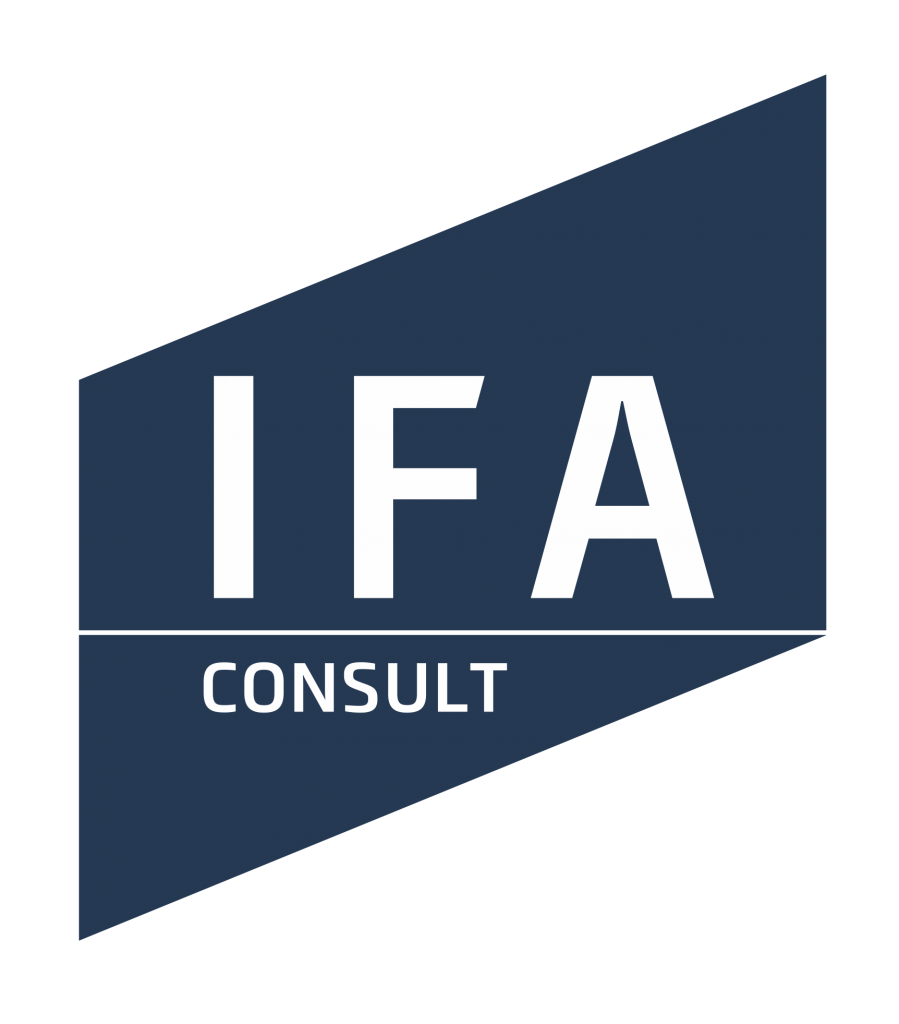General information
Andorra is another European microstate. Country is located high in the Pyrenees mountain range on the French-Spanish border. Seven centuries since its founding the Principality was controlled at the same time by the French and Spanish government representatives and only in 1982 Andorra first created its own government, and later, in 1993, adopted a constitution.
80% of Andorra’s economy is dependent on tourism. On average 10 million tourists over the year visit the country. Also, the banking sector is well developed, low taxes and customs duties, led to international business development. However, Andorra has not been spared by the global financial crisis and in 2014 the government was forced to introduce a tighter fiscal policy.
The most common business entities
Andorran law on companies has the following registration forms:
Joint stock company (SA)
Limited liability company (SL)
Company with immaterial assets
International trading company
Management company
Holding
Corporate legislation
Andorra has a mixed law system, which was influenced by Roman law, as well as the Spanish and the French legislation. In the Constitution is set predominance of international treaties and acts to national law in case of dispute.
Registered capital
The minimum registered capital is set- three thousand Euros and it has to be paid in Andorran bank before registration. All the company’s shares must be registered.
The main requirements for the directors and shareholders
The minimum number of directors is one. There are no restrictions on their nationality and legal form.
There must be at least two shareholders. There are no restrictions to the shareholders.
Disclosure of the company’s beneficial to the government bodies
Representation is against the law in Andorra, and all information is stored in the shareholders register in the company’s office. The company is obliged to make changes in the registry in case of changes in the composition of shareholders or directors. However, the penalty for breach of it is not mentioned in the Code. The competent authorities have the right to request information from the financial institutions to which it was disclosed.
Taxation
The income tax rate is 10%, but for the different types of businesses there are various exemptions and deductions. Income tax for individuals and legal persons- non-residents is 10%. In Andorra there is no agreement for the avoidance of double taxation plaque. The capital gains tax applies only to the transfer of ownership and is from 0 to 12%. European Union resident financial asset taxation is 35%. Andorran legislation does not put forward specific requirements for tax reporting management.
Accounting system
Annual report on the activities of the company, including financial statements, must be submitted once a year. In some cases (for large companies) is required to conduct an independent financial audit. Accounting records must be kept in the office.
